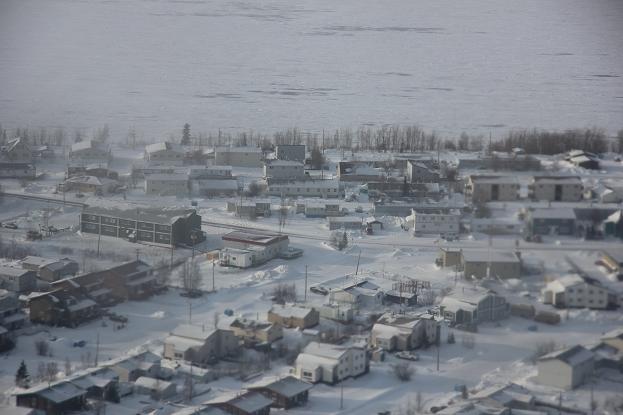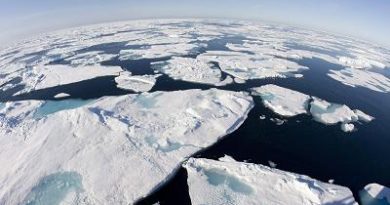‘It will distrub the animals….’
 Tuesday, March 20, 2012
Tuesday, March 20, 2012
Norman Wells, Northwest Territories, Canada
Today is my last night in Norman Wells. I heard there was public hearing on fracking that’s going to be done in the area.
There was a very professional presentation from a couple of people associated with the company that wants to conduct the fracking operation. They handled every question thrown at them. Especially when it came to reassuring people about environmental concerns.
Someone asked them if fracking could trigger earthquakes. The presenter assured him the fracking would be done so far below ground that even if there were tremors, no one above ground would feel them.
At that point a Dene in the room raised her head and said “The animals will feel them.”
It’s the first time I saw the presenter caught off guard the entire evening. He went on to explain saying that ‘while I can’t speak for the animals’ the tremors, if there were any, wouldn’t even be able to move water in a glass above ground, the then moved on to the next topic
The only thing is, I don’t think he realized that what she said was a statement, not a question.
Write to Eilís Quinn at eilis.quinn(at)cbc.ca



